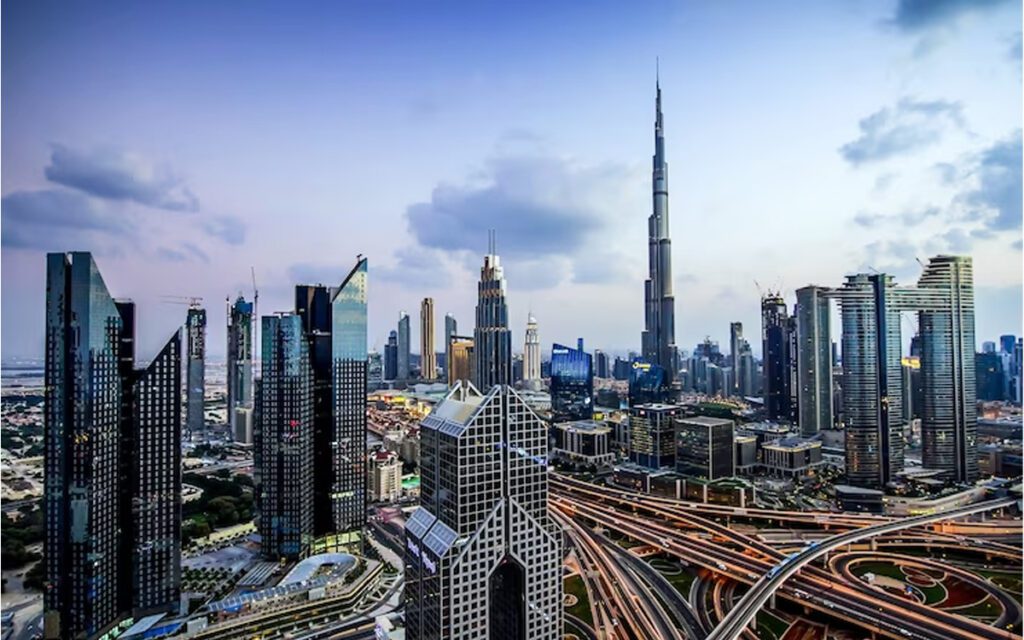Bridge, Infra Projects & Government-Contracts
- Home
- Oikoshreem Realtors pvt ltd
- Bridge, Infra Projects & Government-Contracts





What are Infrastructure Projects?
Infrastructure refers to the fundamental systems, structures, and services needed for operation. Consider infrastructure as the foundational elements on which everything else is based.
Economic infrastructure is a collective term for a community's infrastructure. It includes things like roads, sewers, railroads, and power lines.
They are frequently included in zoning applications, which must be submitted to the appropriate permitting organisations when making an application. Homeowners can draught them themselves, but depending on the situation, architects, surveyors, or engineers are typically hired to create them.
Here are some examples of initiatives for economic infrastructure:


Developing a new highway


Installing underground power lines


Replacing a section of the sewer system
Infrastructures for business and technology are also present. Facilities, operating systems, communication devices, and security systems are all examples of business infrastructure. Examples of corporate infrastructure projects include:


Upgrading the phone lines in the building


Installing a new sprinkler system


Renovating the production facility
The components of technology infrastructure are servers, network connections, physical systems, and software. Examples of technological infrastructure initiatives include the following:


Installing a new backup server


Replacing all the computer hardware


Upgrading the payroll system software
What is infrastructure project management?
While there are some similarities between technological, business, and economic infrastructure initiatives, there are also clear contrasts. A project involving technology infrastructure could adhere to the SDLC and call for an agile methodology. Both of these are less likely to be applied to infrastructure projects for the economy or businesses. Due to these variations, it's crucial to be specific about the kind of infrastructure while defining infrastructure project management. Individuals with an interest in infrastructure project management would typically focus on just one of the three areas. You have a lower chance of getting hired as a project manager for economic infrastructure if your background is in technology infrastructure, at least when compared to project managers who already have that kind of experience. Project managers frequently grow increasingly specialised, even within the broad categories. Some project managers handle only facilities projects, while others handle solely roadway and highway construction. A technological company might have two project managers, one who handles hardware projects exclusively and the other who handles software projects exclusively. The fundamentals remain the same, but specialisation enables you to build expertise in particular project types.
The following outcomes may come from this specialisation:


Improved planning due to past lessons learned


Better ability to problem solve due to experience with similar issues


A greater understanding of the technical aspects of the project


A reputation as an expert, which can lead to greater trust from your team and stakeholders
Types of Infrastructure
Soft Infrastructure
The term "soft infrastructure" refers to all the organisations that support a strong economy. These are typically highly human resource intensive and population service focused. The institutions that are deemed essential to the health of an economy's soft infrastructure include all systems that are related to education, health, finance, law and order, government (including social security), and other systems.




Hard Infrastructure
Hard infrastructure refers to all the physical components necessary to maintain an advanced, industrialised economy. It comprises telecommunication services like phone lines and broadband systems as well as transportation infrastructure like roads and highways.
Critical Infrastructure
All the assets that are recognised by the government as being essential to an economy's operation comprise critical infrastructure. It covers things like facilities for agriculture, telecommunication, public health, and housing and heating. Examples of such resources include natural gas, water, and pharmaceuticals.







